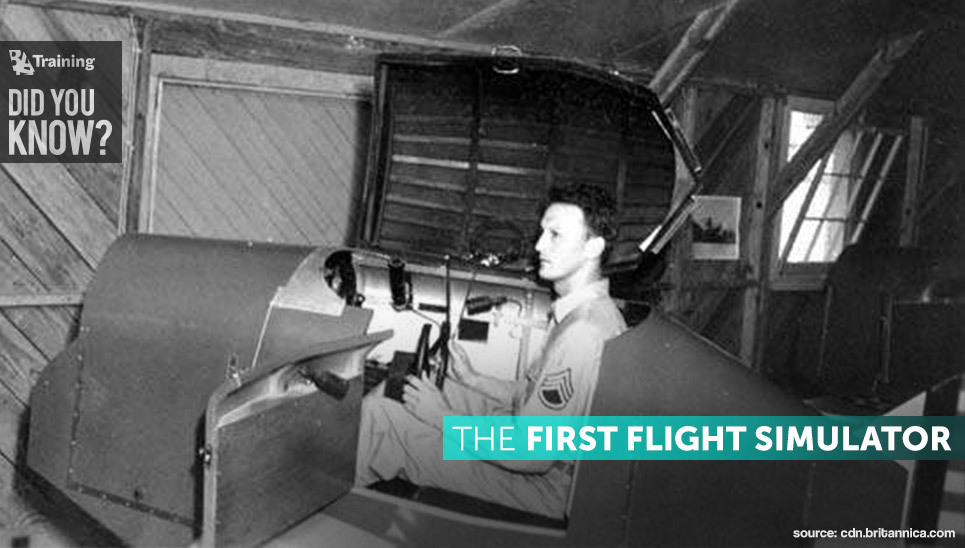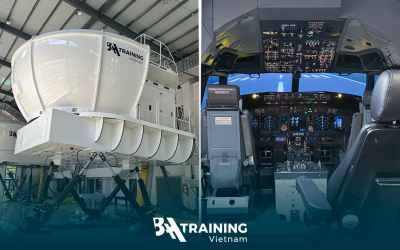You most likely now all about the modern full flight simulators that help future pilots learn how to fly various aircraft. But have you ever wondered, when was the first flight simulator created and who created it?
It all starts with a man named Edwin Albert Link. Born in 1904 to a family where his father built and repaired organs and pianos. Edwin inherited his father’s love to tinker and soon enough began building and repairing organs and pianos of its own. Since he was little, Edwin had an eye for aviation and as soon as he could, he took his very first flying lesson. At 50 USD, and that’s around 750 USD in our times, Ed figured that this was way too expensive and learned how to fly only in mid 1920s with a group of barnstormers.
Ed still believed that learning to fly is much too expensive and decided that this has to change. By using something he knew very well – parts from pianos and organs – he invented something that changed the aviation industry forever. In 1929 the very first flight simulator was created. Naming it The Pilot-Maker, Edwin built it in his father’s basement. It had a complete cockpit and controls that simulated the sounds, motions and sensations of flying.
Unfortunately, The Pilot-Maker, later renamed Link Trainer, was not taken seriously by flight instructors or the military and was only sold to amusement parks as a fun attraction. After many fails to sell the Link Trainer to flight schools, Edwin opened up his own school with advertisements claiming that you could learn to fly for only 85 USD! It attracted many students and the class was a great success.
Around the same time the Army Air Corps were in need of pilots to deliver their airmail. They taught their pilots to fly by just simply observe the ground during the flight – like driving a car. This was very unsuccessful and the Air Corps lost twelve pilots over 78-day period of training. After all of these tragic losses, Air Corps started to look for a better solution on how to train their pilots. In 1934 Ed was able to demonstrate how well his simulator worked and soon enough, Air Corps invested in six Link Trainers.
This was a great jumpstart for Ed and he soon expanded his company into Link Aviation, Incorporated and began manufacturing a larger variety of flight simulators for the military. During the WW II, he created an ANT-18 Instrument trainer, also known as the Blue Box by many pilots. By the end of the war, over 10,000 Blue Boxes in total were produced.
We can all thank Edward, as he created modern and safe flight training. His invention is the reason why the aviators all around the world are able to learn to fly in an easier and much safer way.








